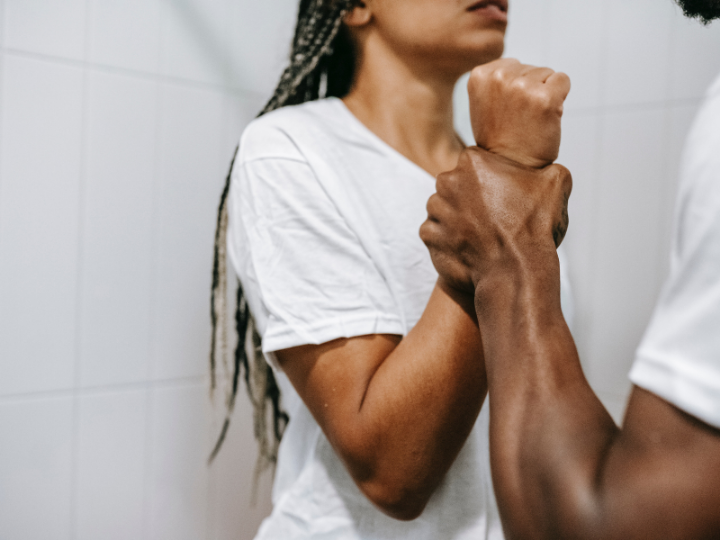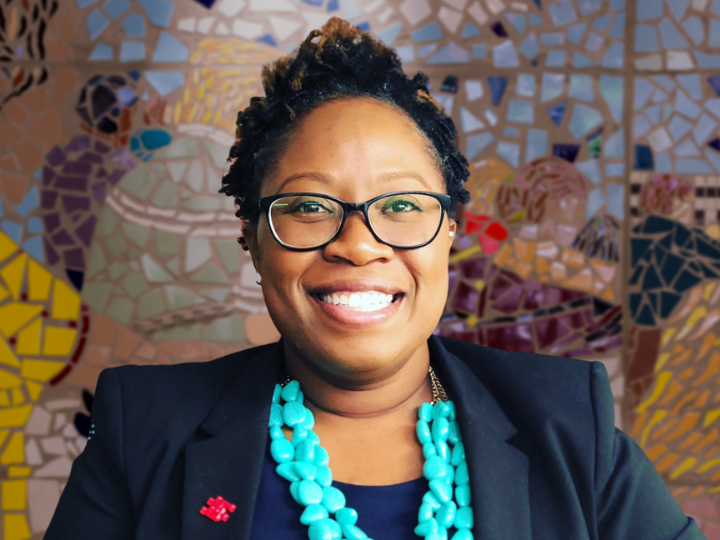


To help end this troubling cycle of trauma, Carla Sharp, clinical psychology professor at the University of Houston, is leading a team of researchers to develop a strengths-based intervention that gives caregivers the ability to enhance their child’s cognitive and emotional development by increasing the quality of daily interactions. Mediational Intervention for Sensitizing Caregivers (MISC) uses video feedback to build trust and communication within families.
The four-year project is funded by a $1.5 million grant from the National Institutes of Health’s Eunice Kennedy Shriver National Institute of Child Health and Human Development (NICHD). Sharp said children exposed to unhealthy interactions between grown-ups can experience long lasting effects – in some cases, to the next generation.
“These mothers care deeply about the welfare of their children. But after being traumatized themselves, it is challenging to organize their energy in daily interactions to optimally benefit their children in the long run,” explained Sharp, who runs the Developmental Psychopathology Lab at UH. “MISC offers the steps to achieve this by breaking down daily interactions and enhancing the aspects in the interaction that strengthens a connection between mother and child.”
The team will recruit 132 Black mothers and their children (ages 7 – 11) who are enrolled in a two-year rehousing and employment program through the Harris County Domestic Violence Coordinating Council (HCDVCC). The researchers will train HCDVCC case workers how to integrate the MISC framework in their rehousing work to directly benefit IPV-exposed mothers and children.
Joining Sharp on the project are UH colleagues Quenette L. Walton, assistant professor, Graduate College of Social Work; Julia Babcock, clinical psychology professor; and Paulina Kulesz, statistics expert. Other collaborators are Judy McFarlane, Texas Woman’s University; Barbie Brashear, HCDVCC executive director; Ernie Jouriles, Southern Methodist University; and IPV survivors.
“We know children who have been exposed to IPV are more likely to reciprocate that behavior. They are also more likely to have a multitude of psychosocial problems,” said Walton, a licensed clinical social worker and project co-investigator. “I think what we will see with this intervention is a decrease in those behaviors for the children and an increase in capacity and confidence in the mothers.”
The project is supported by the Eunice Kennedy Shriver National Institute of Child Health and Human Development of the National Institutes of Health under Award Number R01HD102436. The content is solely the responsibility of the authors and does not necessarily represent the official views of the National Institutes of Health.